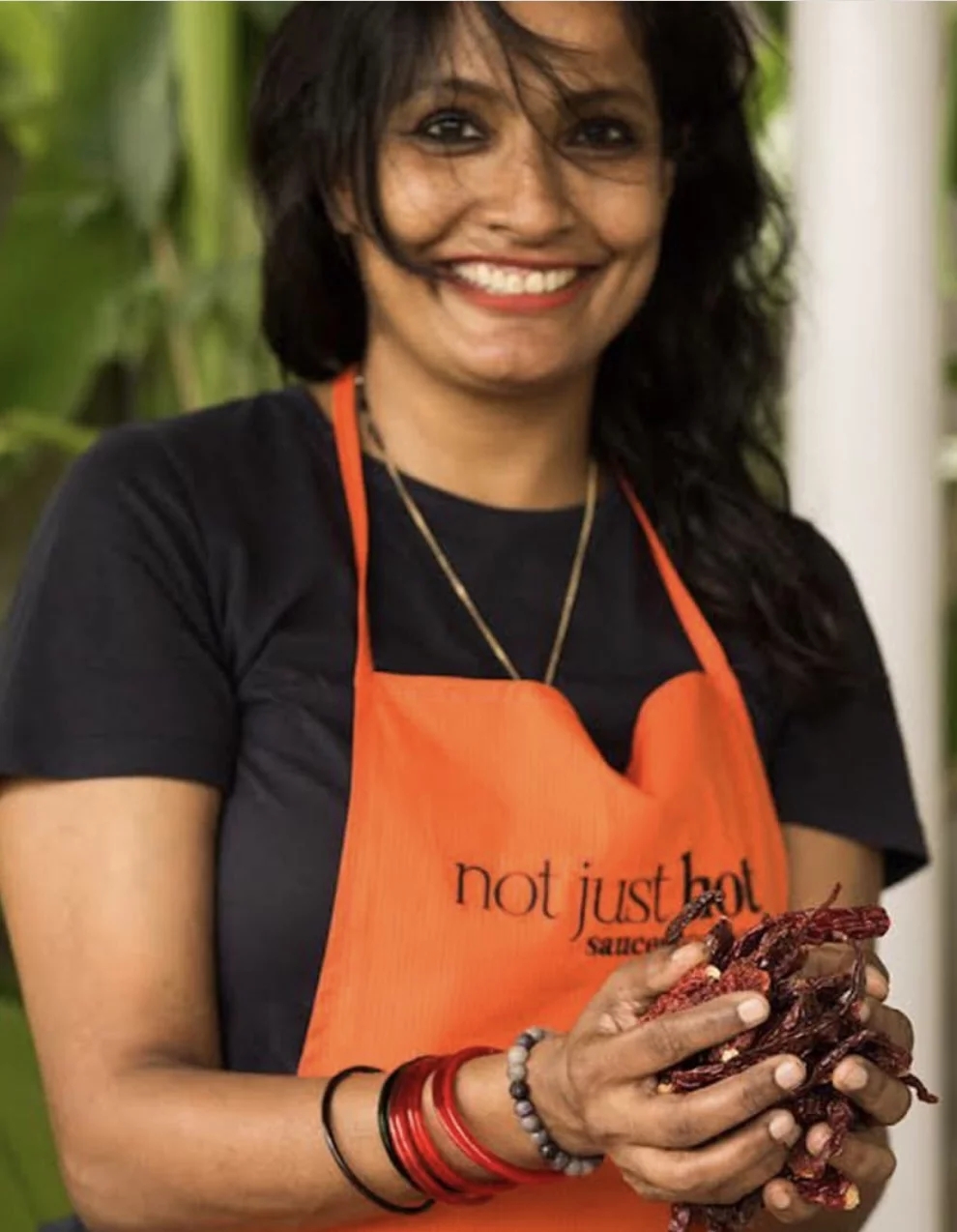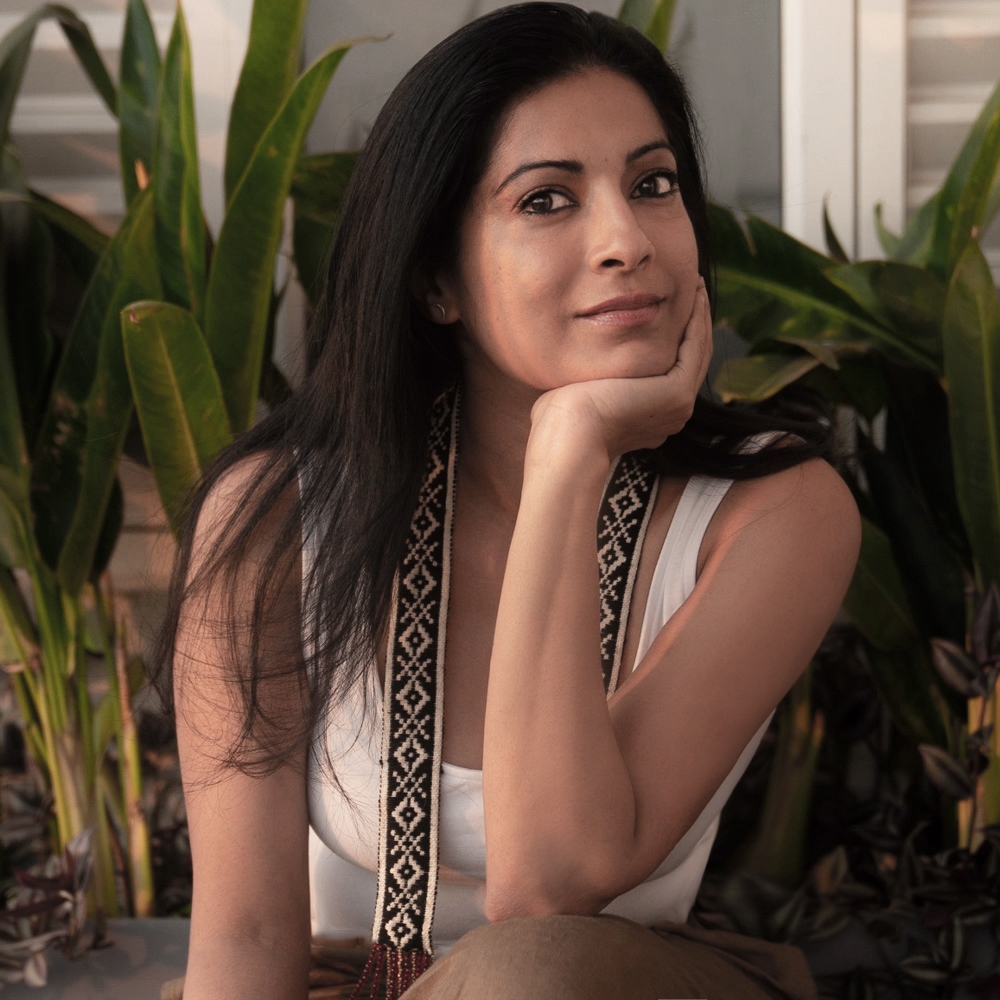WORDS BYSaritha Hegde
PHOTOGRAPHY BYRamya Reddy

My memories of the monsoon are mostly associated with my matrilineal ancestral home around 25 kilometres from Mangalore, a manor called Yelathuru Guthu. Every summer vacation, we would take the train from wherever my father was posted, working for the Indian Army. Sometimes, the journey was very long. Like all the way from Assam, in the 80’s. Sometimes, it meant overnight bus journeys. It always meant adding everyone – matrilineal Guthu houses are joint families with many kitchens; we would, as children, have access to all and would be fed by all too – into the Ambassador taxi for the last two miles. It didn’t matter if there was space or not, they would be accommodated, along with their shopping from the main town, Kinnigoli.
First, the memory of the intense heat. Then, the rain. Buckets of it pouring down. When there was a respite from the rain, we would go mushroom foraging. There were many types that would come and go. We children, to keep us from getting into trouble, would be taken on a hunt for what was seasonal and aplenty. These holidays meant a lot of freedom and the pleasure of being in nature, and most importantly for me, getting to eat all the food.
I was an avid reader from a young age (a genetic problem), and my interest was in two things. One: the stories we were told at home, especially by the eldest child among us who was held responsible for our outdoor adventures, which in hindsight had a simple moral lesson. Two: anything to do with food.

This story, then, is about parel laamb. Laamb, in my native language Tulu, simply means “mushroom”. Parel, on the other hand, is much more difficult to translate. Loosely, it means “a pearl”, or as my mother the poet says, “It’s like the slow unfurling of the parijata flower. And as short lived. It’s only available for 3 days a year and fades quickly.”
We would go traipsing off in our korambus (a raincoat made of bamboo and leaves, originally used by people working in paddy fields through the rain). They would be too big for us. Often, a teenager would be sent to lead the parel laamb foraging pack. While we were foraging, this story would be recounted by the teenager, to make sure we didn’t stray and were within hearing distance.
The story is about two bird brothers. Bagga pakshis, as they are known in Tulu (“bagga” is the name of the species, which I’ve been told is the Indian cuckoo but I am not sure, and “pakshi” means “bird”). Younger Bagga brother went on a parel laamb hunt and brought back a poodai (big basket) of laamb. Elder Bagga brother cooked the mushrooms into a gassi (a curry). After working in the fields, the younger brother sat down on the mane (a wooden short stool), ready to eat. When he saw the quantity of the parel laamb gassi, the younger brother was enraged. He was convinced that his brother had eaten most of it. It didn’t make sense that there was so little when he had gotten a huge poodai of mushrooms.
Younger Bagga takes the mane and hits his brother. His brother dies. The next day, he goes to get more parel laamb. He brings back an even bigger poodai. He makes the gassi himself. When he is done, there is very little in the pan. Full of remorse, he kills himself, and as he does, he sings: “Anne papa, megge pope… (elder brother is innocent, younger brother will go too).”
To this day, we can hear the Bagga bird singing this tune. Every monsoon.


Here is how you can make mushroom gassi too:
- Two packs of mushroom (oyster and button)
- 2 tablespoons versatile spice mix
- 6 tablespoons grated fresh coconut
- ½ onion
- 4 pods garlic
- 2 teaspoons rock salt
For tempering:
- 2 tablespoons coconut oil
- ½ teaspoon mustard seeds
- ¼ onion (finely diced)
- Curry leaves
Grind all the ingredients – except the mushrooms and the tempering ingredients – to a fine paste. A really fine paste.
On a claypot, add water and bring the gravy to a boil. Add the mushrooms once it starts boiling. Let the mushrooms cook.
Take the coconut oil in a small wok. Heat. Add the mustard seeds, then the onions. Once the onions turn brown, add the curry leaves. Add this tempering to the gassi.
Serve. And remember: do not judge in haste, lest you regret. And walk a mile in their shoes before you do!

